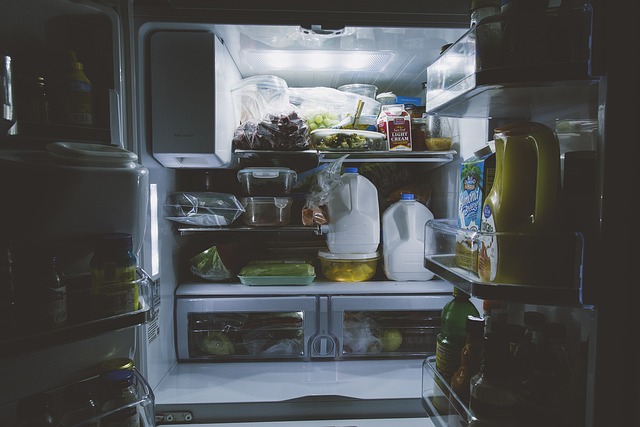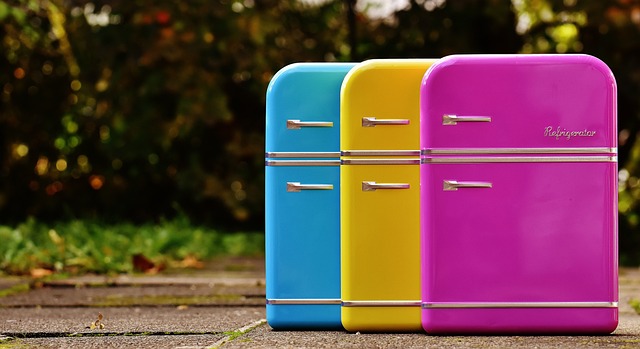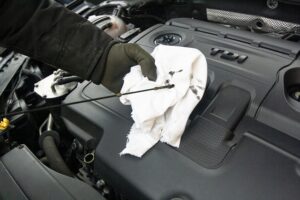Maintaining your refrigerator’s optimal performance is pivotal for preserving your food’s freshness and extending your appliance’s lifespan. A crucial aspect of this maintenance is the regular cleaning of evaporator and condenser coils, which can enhance energy efficiency and prevent costly refrigerator repairs. This article delves into the importance of these components, offering a comprehensive step-by-step guide for safe and effective coil cleaning. Additionally, it addresses when to undertake this task yourself and when professional maintenance services are your best bet. With expert tips on refrigerator repair and upkeep, ensure your appliance runs smoothly and efficiently.
- Understanding the Importance of Evaporator and Condenser Coil Cleaning for Refrigerator Efficiency
- Step-by-Step Guide to Safely Cleaning Your Refrigerator's Evaporator and Condenser Coils
- Professional Maintenance Services: When to DIY and When to Call a Refrigerator Repair Expert
Understanding the Importance of Evaporator and Condenser Coil Cleaning for Refrigerator Efficiency

Step-by-Step Guide to Safely Cleaning Your Refrigerator's Evaporator and Condenser Coils

Regular maintenance of your refrigerator’s evaporator and condenser coils is crucial for maintaining peak performance and energy efficiency. Dirty coils can lead to reduced effectiveness, increased energy consumption, and potentially cause the unit to fail prematurely. To safely clean these components, follow this step-by-step guide:
Begin by unplugging your refrigerator to prevent any electrical hazards during the cleaning process. Remove the front grille or kickplate at the bottom of the fridge to access the coils. Using a soft-bristled brush or a vacuum with a crevice tool, gently remove dust and debris from both the evaporator and condenser coils. Ensure that you do not bend or damage the delicate coil fins during this process.
After loosening the accumulated grime, prepare a mixture of warm water and a small amount of gentle dish soap. Dip a cloth or sponge into this solution, wring it out well to avoid excessive moisture, and carefully clean the coils. Do not use sharp objects or abrasive materials that could scratch the surface of the coils. Once cleaned, rinse the coils with a clean, damp cloth to remove any soap residue. Allow the coils to dry completely before reattaching the grille and plugging in the refrigerator. This meticulous cleaning routine will help ensure your refrigerator operates efficiently and prolong its lifespan, making refrigerator repair less likely. For best results and safety, consider following the manufacturer’s specific guidelines or consulting with a professional for coil cleaning if you’re unsure about any steps in the process.
Professional Maintenance Services: When to DIY and When to Call a Refrigerator Repair Expert

Regular cleaning of evaporator and condenser coils in a refrigeration system is crucial for maintaining optimal performance and ensuring energy efficiency. While some routine maintenance tasks, such as cleaning the coils, can be safely undertaken by homeowners who are comfortable with basic DIY projects, it’s essential to recognize the limits of one’s expertise. For instance, if you notice complex issues like refrigerant leaks or electrical problems during your inspection, it’s wise to halt the DIY attempt and contact a professional refrigerator repair expert instead. These experts possess specialized knowledge and tools to handle such intricate tasks without risking further damage to your appliance. Additionally, attempting repairs on sophisticated systems or components outside one’s skill set can void warranties and lead to costly mistakes. Therefore, when in doubt, it’s prudent to consult with a refrigerator repair service to ensure the job is done correctly, thus prolonging your appliance’s lifespan and ensuring peak performance. Regular maintenance by a trained professional not only prevents breakdowns but also ensures that your refrigeration system operates at maximum efficiency, saving you money on energy bills in the long run.
